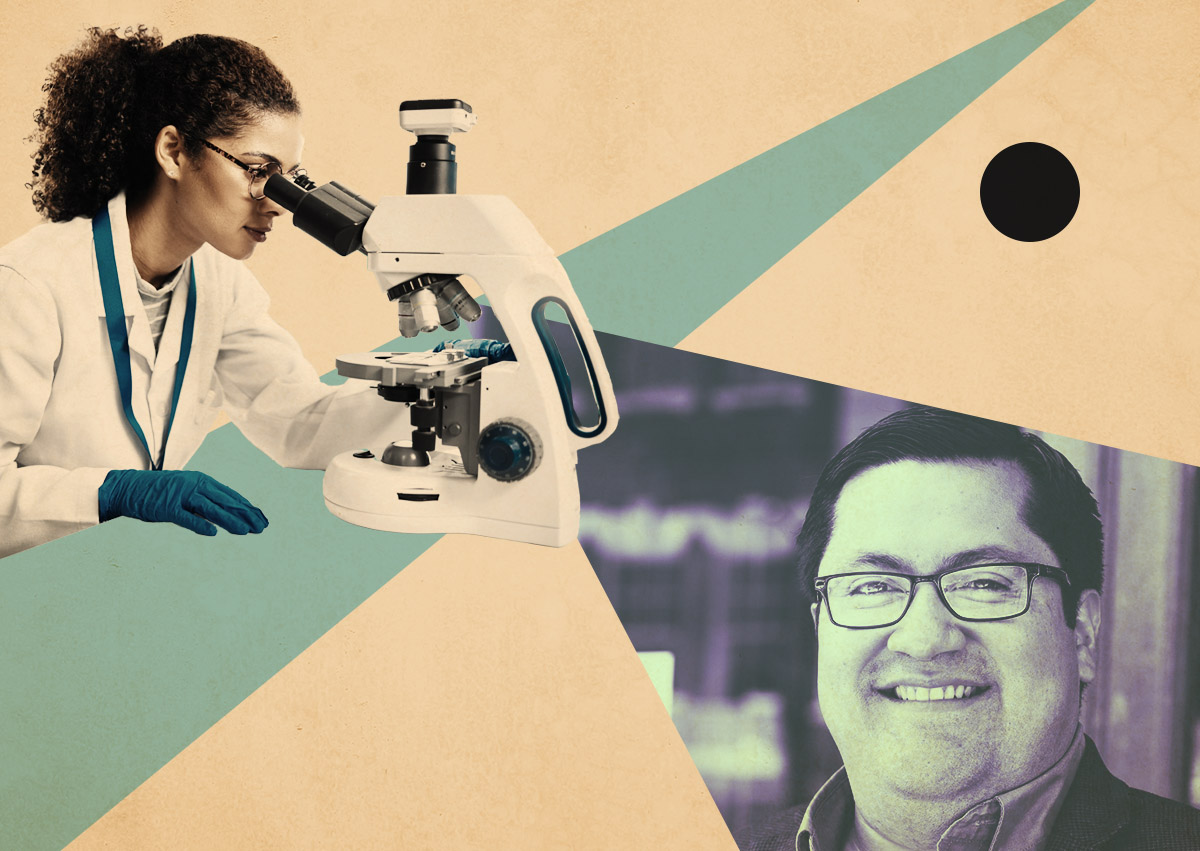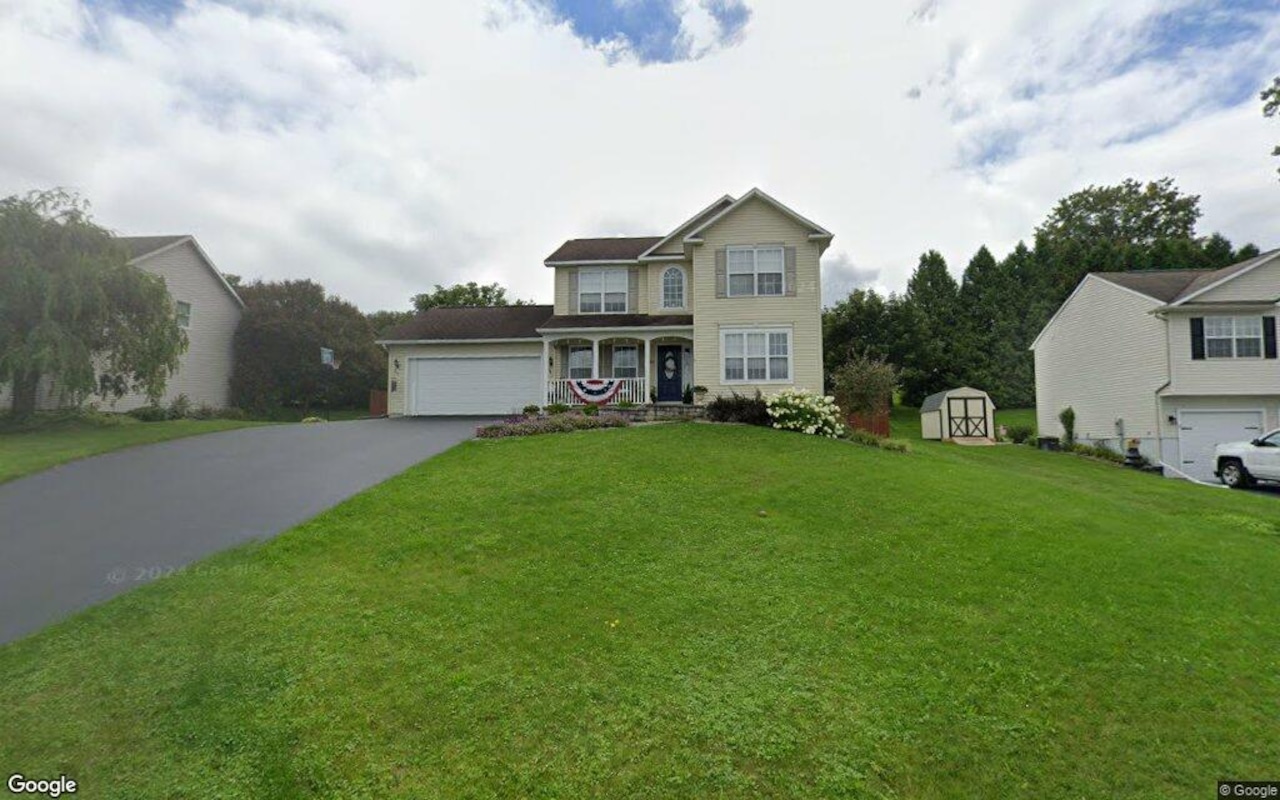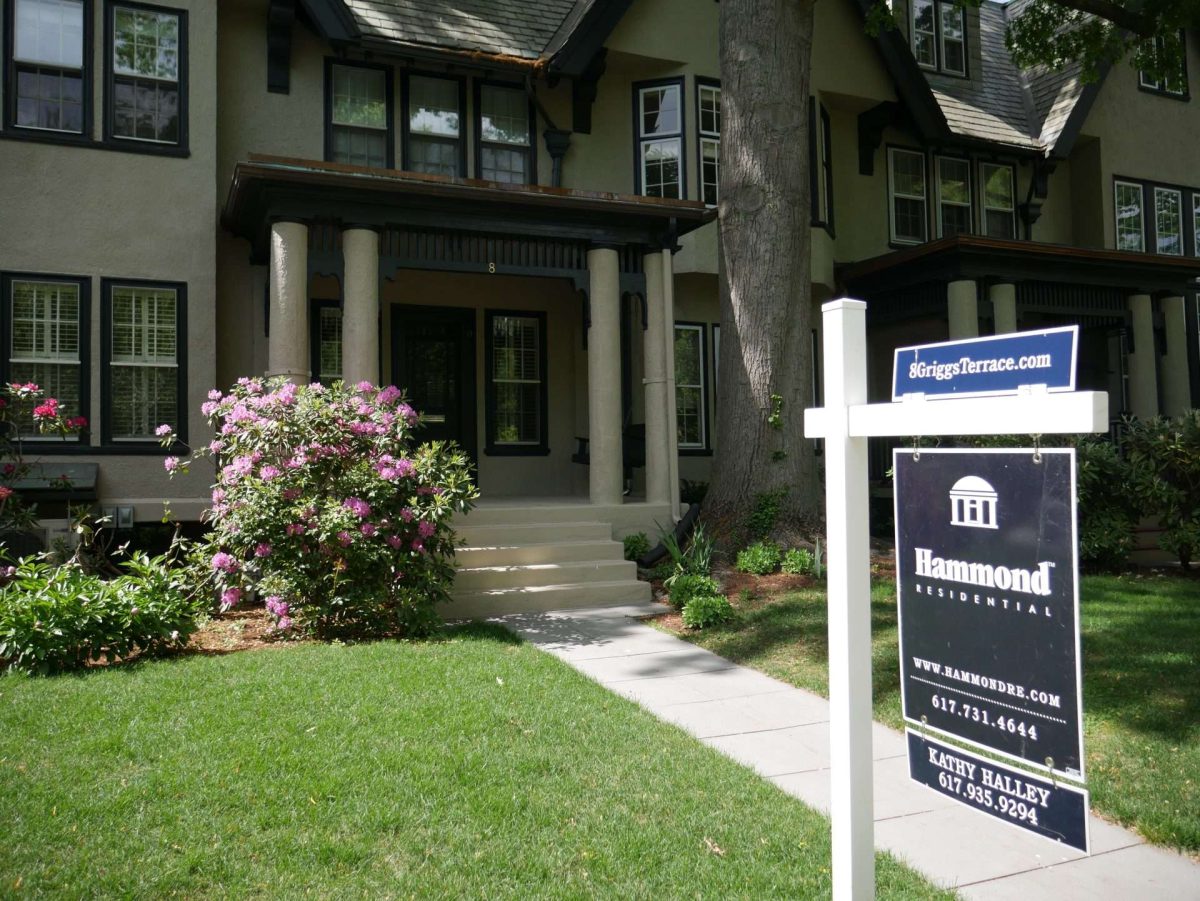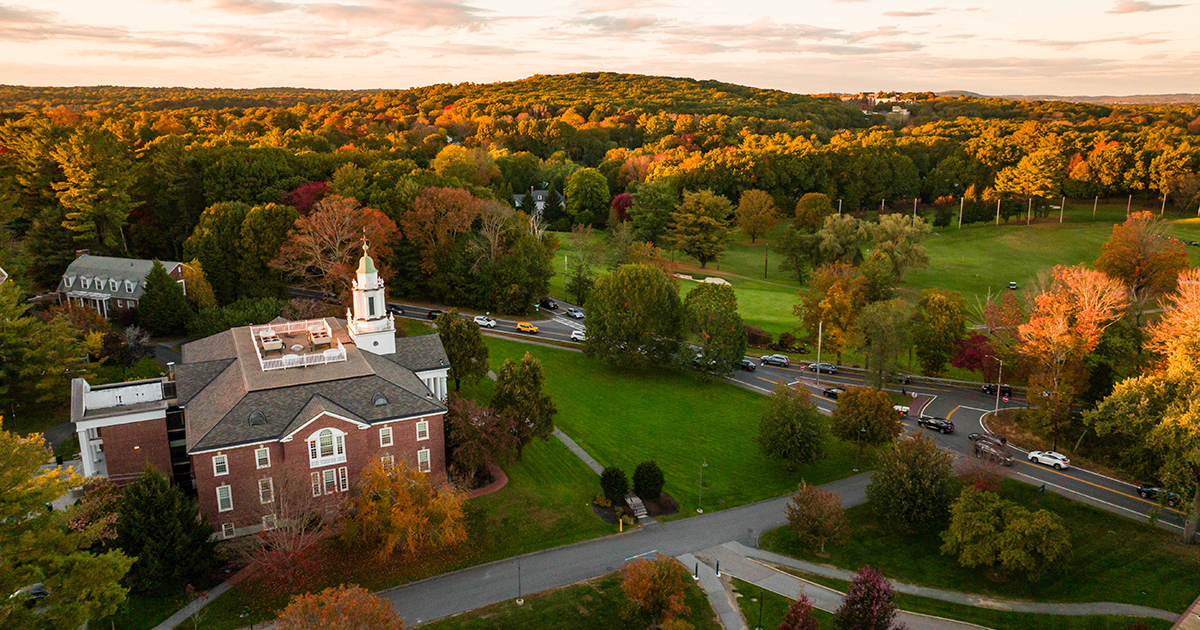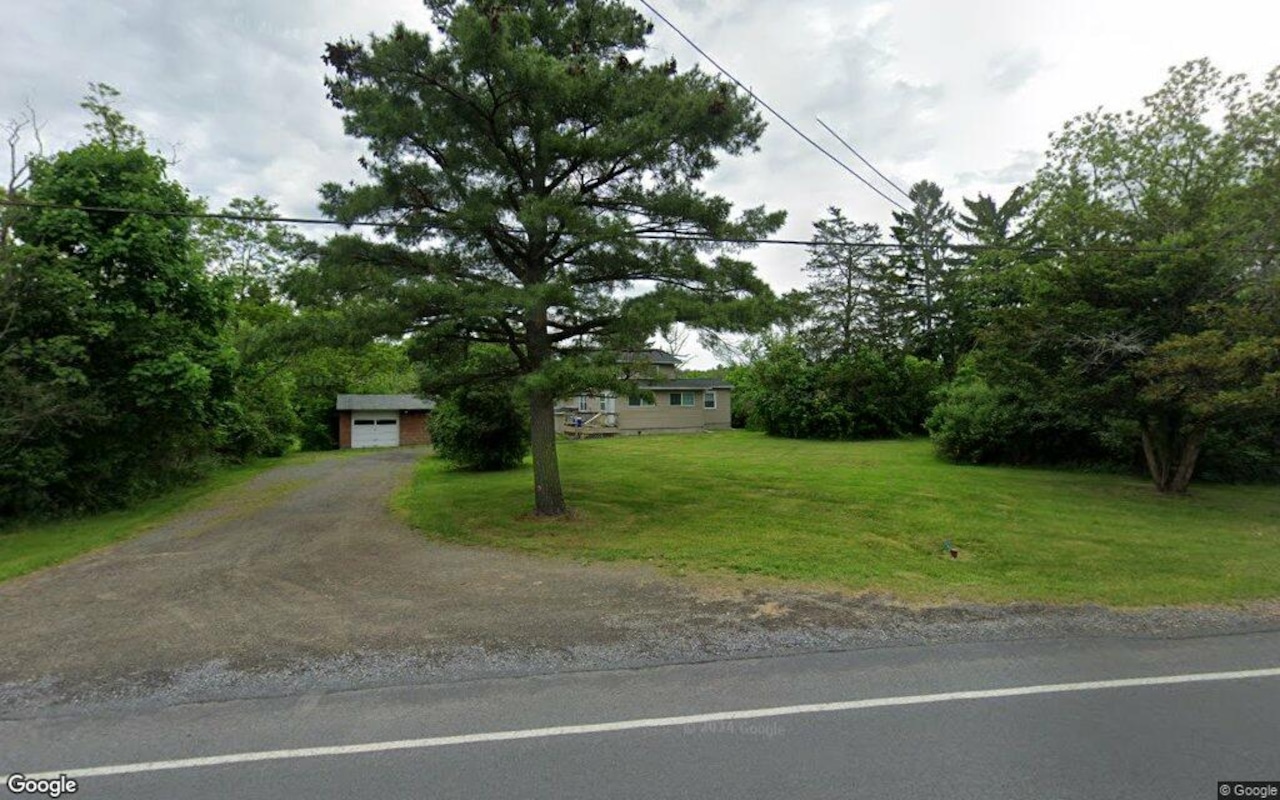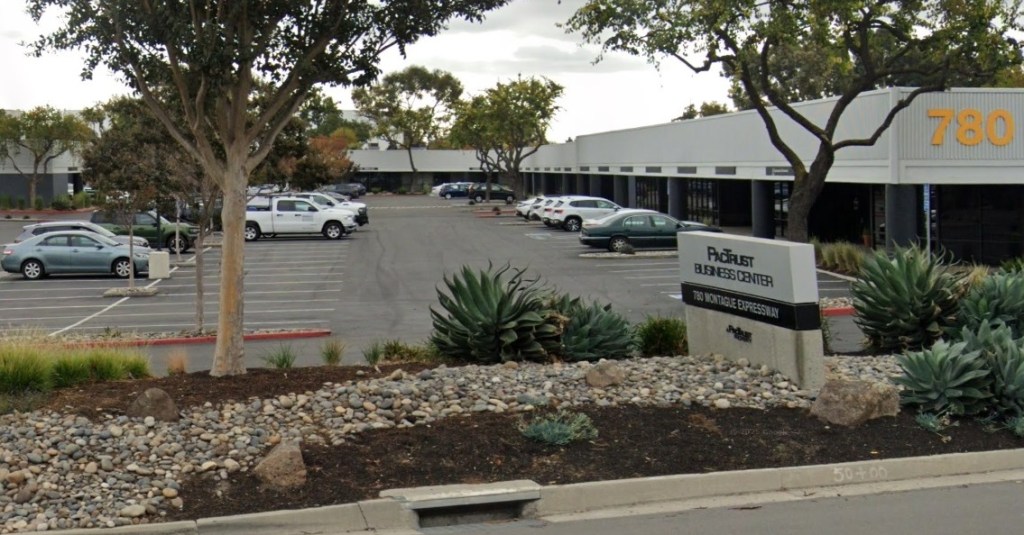B
erkeley has relaxed its zoning laws to attract research and development companies with fewer regulatory hurdles. The City Council approved changes allowing R&D labs with moderate biosafety risk in all parts of the city, including areas near UC Berkeley. Labs under 20,000 square feet can operate with a streamlined approval process, while larger facilities require a public review process.
Berkeley aims to foster innovation and growth through these zoning changes. The city already has over 400 innovation sector businesses, with six of its top 25 employers conducting R&D in biotechnology, climate technology, and sound equipment manufacturing. The revised zoning could lead to increased business license and sales tax revenue while reducing staff time expenditures.
Council members praised the proposal as a practical approach to retaining innovative businesses and expressed confidence in the city's ability to mitigate potential risks. Berkeley now permits biosafety level 1 and 2 research in all areas, with higher-risk labs banned. A council member noted that restaurants pose more of a risk than labs working with moderate-risk agents.
